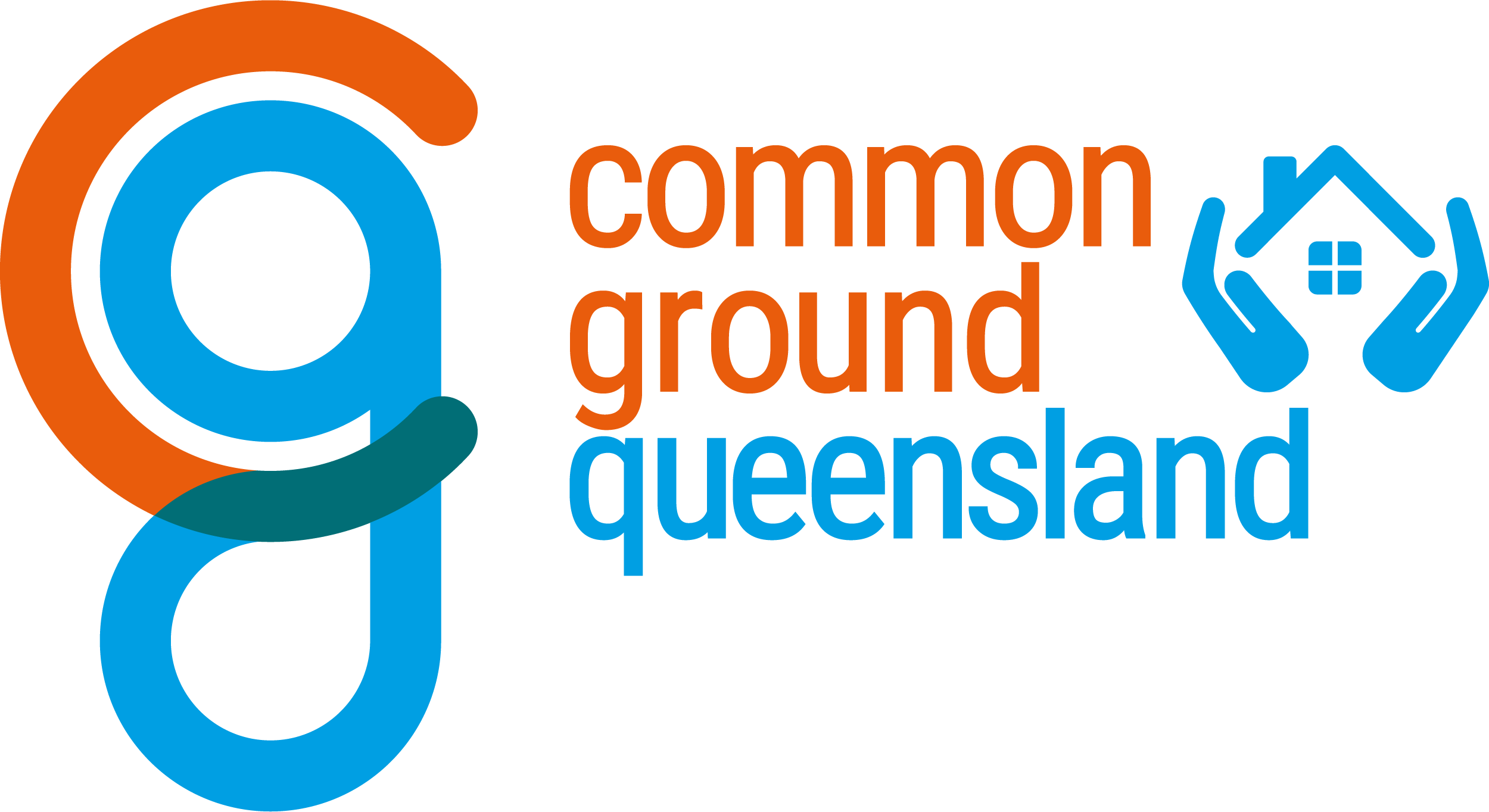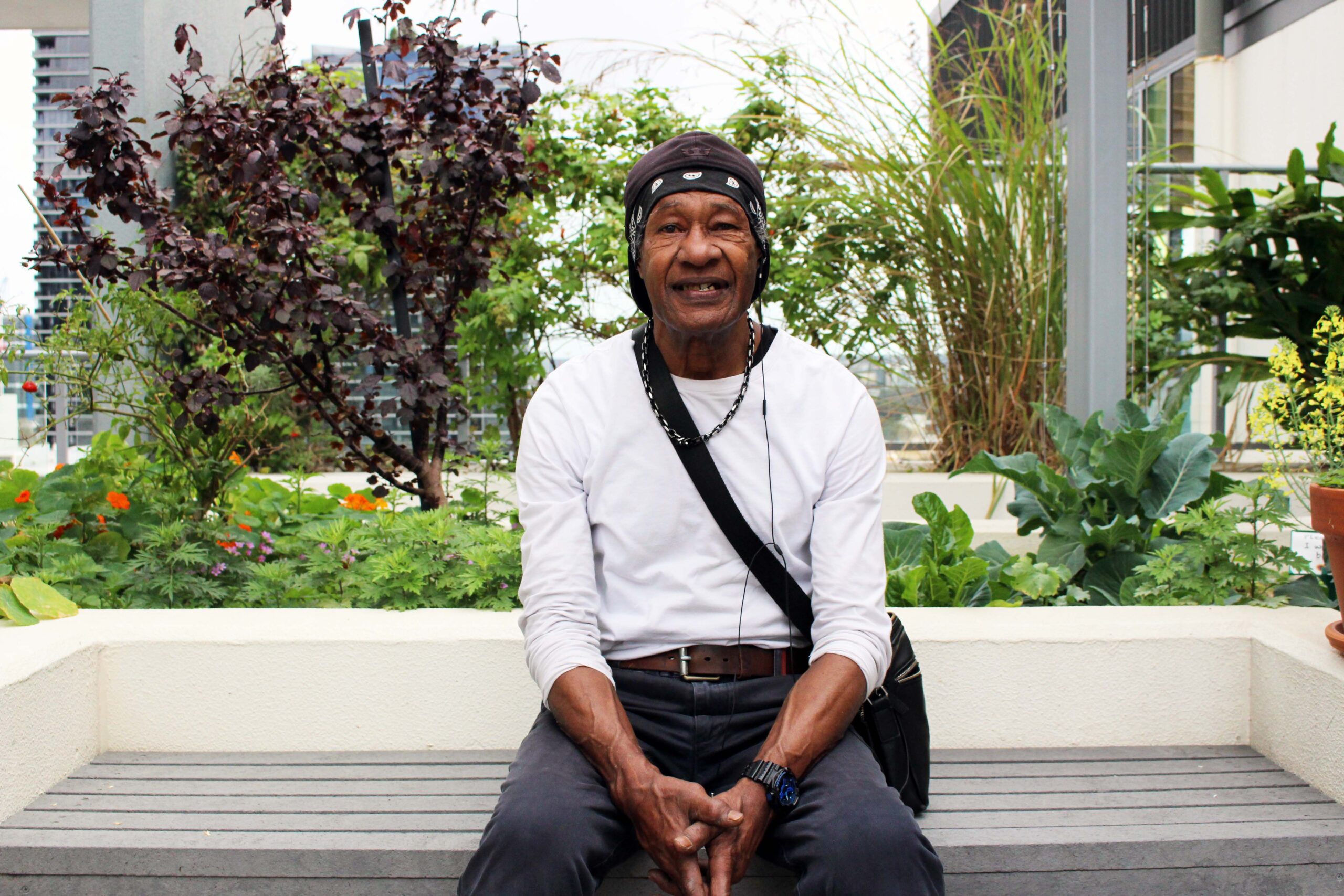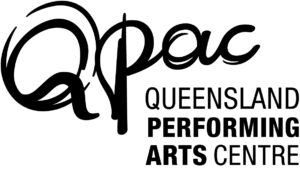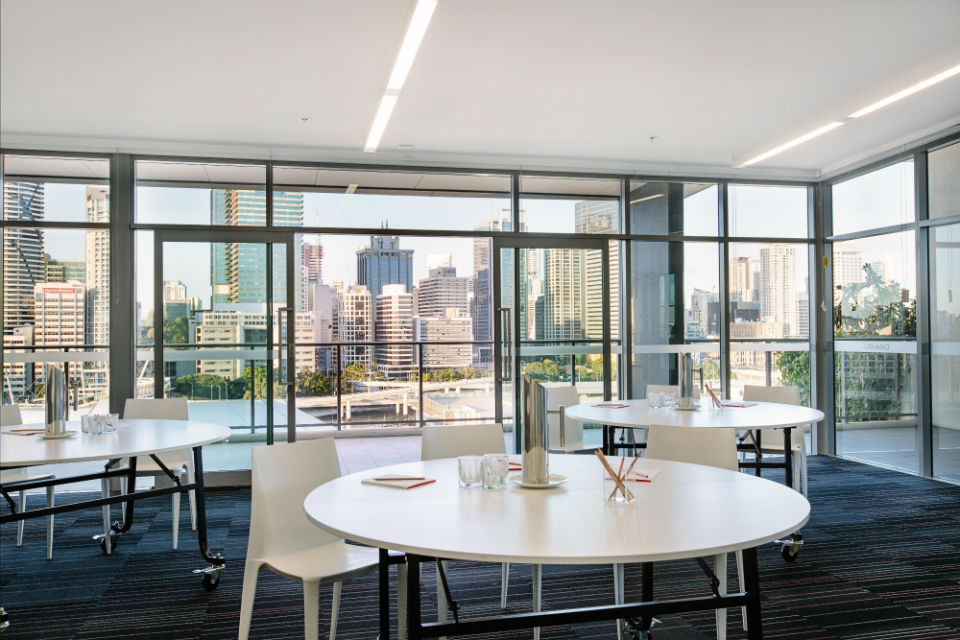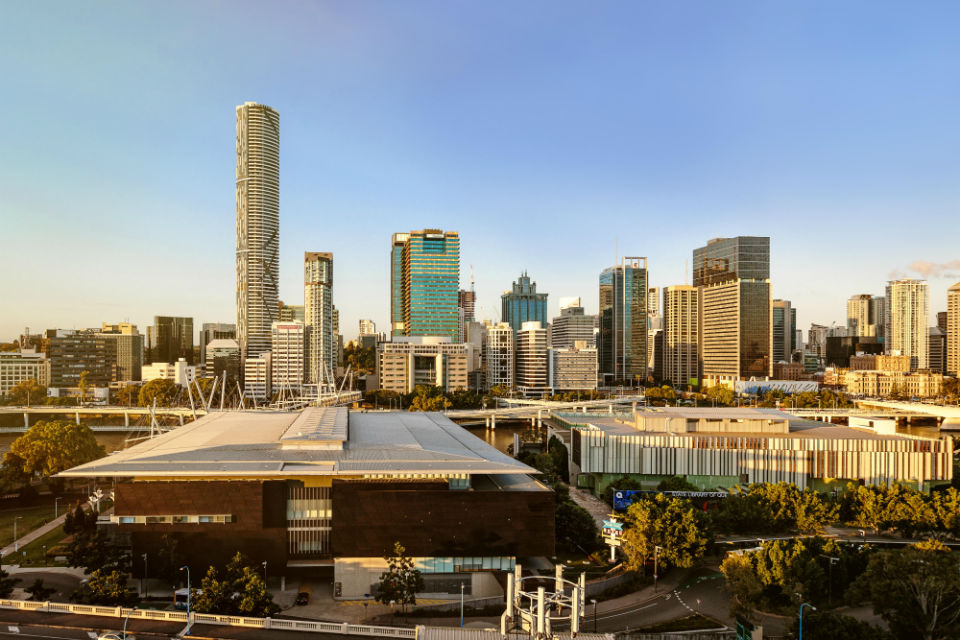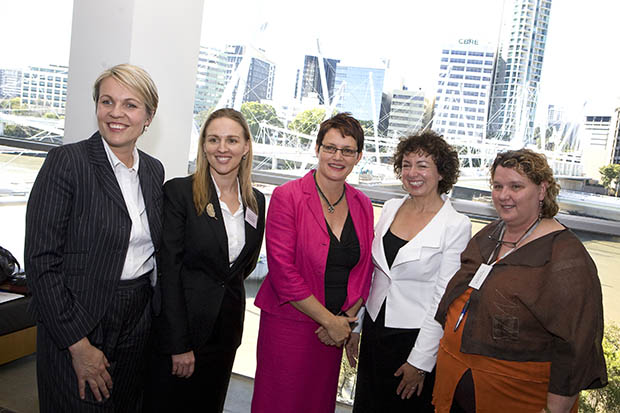Common Ground Queensland is committed to ending homelessness in the communities in which we operate by creating supportive housing solutions through effective public, private and community partnerships. We understand the specialised nature of tenancy and property management in supportive housing and are focused on providing a safe and secure environment for tenants, staff and visitors.
We are committed to:
Social Justice – the right to affordable and permanent housing for the most vulnerable and chronically homeless people in our community.
Supportive Housing Philosophy – the integration of housing, support services and the community to assist people who have experienced homelessness.
Community – creating sustainable communities to house people who have experienced chronic homelessness.
Environment – design and develop housing solutions that are safe, secure and environmentally sustainable.
Accountability – sound governance, economic, environmental and financial sustainability.
Practices of Tenancy and Property Management in Supportive Housing
- A Memorandum of Understanding (MOU) will be signed with the on-site Support Provider before tenancy and property management in any building is commenced to define roles and guide how responsibilities are shared between the parties (refer Appendix A).
- Common Ground Queensland works closely with the property owner to ensure it can carry out its policies, objectives and contractual obligations.
- Common Ground Queensland will be as flexible as possible in their dealings with tenants.
- Common Ground Queensland recognises the need for harm minimisation practices appropriate to substance abuse.
- Tenancy and property management record keeping is the responsibility of Common Ground Queensland. The on-site Support Provider maintains other records relating to tenants’ use of support services.
- Evictions are reserved for:
- Continuing or significant non-payment of rent;
- Causing serious physical harm to self, staff or others; and
- Pursuing a criminal activity on the premises.
- For other repeated infractions, sanctions other than eviction will be tried first, including such options as:
- Arbitration;
- Crisis intervention;
- Referral to alternative housing; and
- Engaging and providing support to assist when necessary.
Procedures that Implement
This policy will be actively implemented by adherence to the following procedures:
- Communication with Tenants Procedure
- Critical Incidents Procedure
- Ending a Tenancy Procedure
- Non-Critical Incidents Procedure
- Payments Other Than Rent Procedure
- Privacy and Confidentiality Procedure
- Rent Arrears Management Procedure
- Rent Calculation, Collection and Review Procedure
- Starting a Tenancy Procedure
- Sustaining Tenancies Procedure
- Strengthening New Tenancies Procedure
- Tenancy Management (Residential) Procedure
- Tenant and Community Participation Procedure
- Tenant Compliments, Complaints and Appeals Procedure
- Tenant Feedback Procedure
- Visitor Procedure
- Referrals Procedure
- Tenant Transfer Procedure
Appendix A: Tenancy and Property Management and on-Site Support Services: Roles and Responsibilities and Areas of Overlap
Intake: Tenant Selection and Interviewing
Responsibilities of Tenancy and Property Management Staff: Focus on ability to pay rent and capacity to meet tenancy obligations during interview.
Responsibilities of on-site Support Provider Staff: Focus on service description during interview.
Both Tenancy and Property Management staff and on-site Support Provider staff conduct the tenant interview, focusing on eligibility, building suitability and matching for success.
Orientation of incoming tenants (sign up)
Responsibilities of Tenancy and Property Management Staff: Orient tenants about building maintenance issues, fire drills and evacuation procedure.
Responsibilities of on-site Support Provider Staff: Provide assistance to tenants to as requested to move in and to become familiar with services available and resources within the local community.
Rent payment and arrears
Responsibilities of Tenancy and Property Management Staff: Responsible for collecting rent and addressing issues of rent arrears through payment plans, etc. and engaging the on-site Support Provider to assist when necessary via a Sustaining Tenancy Plan.
Responsibilities of on-site Support Provider Staff: Provide assistance to tenants to ensure rental payments are maintained. Coordinate with the Tenancy and Property Management Staff if payment lapses and payment plans are required.
Dealing with nuisance and disruptive behaviours
Good Neighbour Charter is developed jointly by the Tenancy and Property management staff and the on-site Support Provider. Some basic rules may be developed with tenant input. All staff can promote healthy cultural norms for the building.
Procedures in crises (e.g. psychiatric, medical, physical, or fire)
Clear policies and procedures should be in place for dealing with disruptions. These should clearly spell out the chain of command in case of emergency, what information to provide to Emergency Management Services (i.e. police/fire services/ambulance), when to summon on-call staff, etc.
Tenant grievance procedures
Staff and tenants should be aware of systems for evaluating the program and the services given. Tenant and Property Management staff and the on-site Support Provider generally work together to inform tenants about tenancy-related procedures.
Community Building
Many issues mentioned above involve aspects of community building. The tenants as well as the Tenancy and Property management staff and the on-site Support Provider staff are members of the building community and influence the culture of the community. Staff should be aware of trends in the community and plan strategies for positively influencing the culture.
Safety and Security
Responsibilities of Tenancy and Property Management Staff: Responsible for ensuring building safety and security; for ongoing inspections and addressing safety/security issues that have been identified.
Responsibilities of on-site Support Provider Staff: Responsible for notifying the Tenancy and Property Management regarding security breaches and safety hazards. Provide immediate crisis response to tenants’ emotional wellbeing and safety.
Version 10.0
